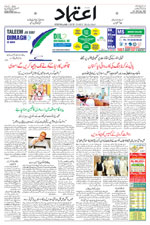As pollution peaks, Delhi govt deploys 114 tankers to settle dust by sprinkling water
Sun 07 Nov 2021, 05:58:18
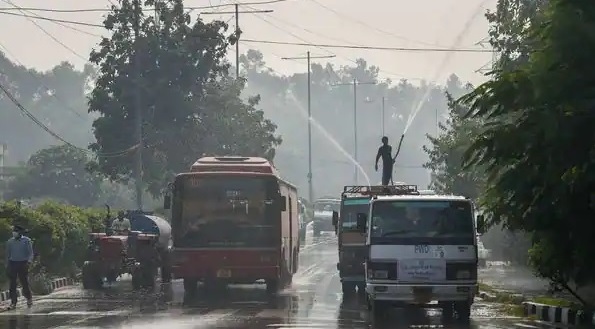
The Delhi government on Saturday deployed 114 water tankers to sprinkle water across the city and settle dust, which is one of the major contributors to air pollution.
The move came as the national capital's Air Quality Index (AQI) continued to remain in the “severe" category following Diwali.
State environment minister Gopal Rai flagged off the water tankers, terming it an "emergency measure" to help people.
"Last month, Chief Minister Arvind Kejriwal had launched an action plan that is being implemented across the city. Along with the people of Delhi, we are running the campaign to check the local source of air pollution in the city -- be it dust, vehicle or biomass pollution," Rai said.
The minister further went on to blame firecrackers and stubble burning for adding to the air pollution in the city.
"Even today, incidents of stubble burning are increasing. Yesterday, about 3,500 incidents were recorded and today, it is more than 4,000. All this is impacting Delhi's air. As an emergency measure and to help people,
we are sprinkling water from the tankers. We have even installed smog guns," the Aam Aadmi Party leader said.
we are sprinkling water from the tankers. We have even installed smog guns," the Aam Aadmi Party leader said.
Rai on Friday accused the BJP for defying the firecracker ban, alleging that the saffron party made them burst crackers on purpose.
The Delhi Pollution Control Committee also shut down 92 construction and demolition projects across the city on Friday for flouting dust control norms.
Worst AQI in five years
The national capital saw the average 24-hour AQI on Friday resting at 462, the worst in five years the day after Diwali, according to data from the Central Pollution Control Board (CPCB).
The 24-hour average air quality index (AQI) the day after Diwali was 435 last year, 368 in 2019; 390 in 2018; 403 in 2017 and 445 in 2016. The AQI was 382 on Diwali day this year, 414 in 2020; 337 in 2019; 281 in 2018; 319 in 2017 and 431 in 2016.
The neighbouring cities of Faridabad (469), Greater Noida (464), Ghaziabad (470), Gurgaon (472) and Noida (475) also recorded 'severe' air pollution levels.
No Comments For This Post, Be first to write a Comment.
Most viewed from National
Most viewed from World
AIMIM News
Latest Urdu News
Most Viewed
May 26, 2020
Do you think Canada-India relations will improve under New PM Mark Carney?
Latest Videos View All
Like Us
Home
About Us
Advertise With Us
All Polls
Epaper Archives
Privacy Policy
Contact Us
Download Etemaad App
© 2025 Etemaad Daily News, All Rights Reserved.

.jpg)
.jpg)
.jpg)
.jpg)
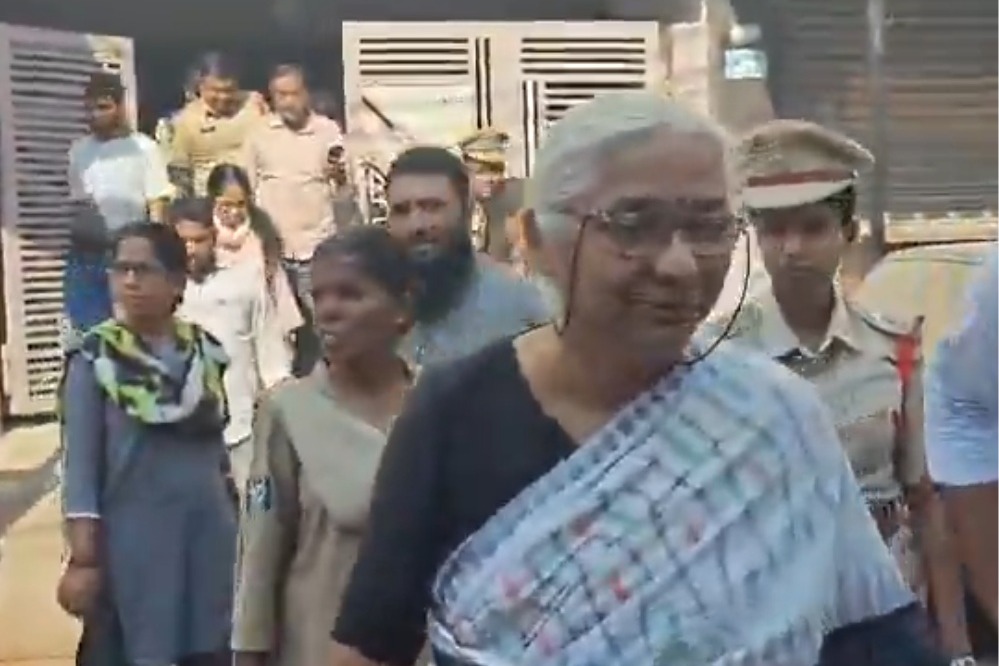

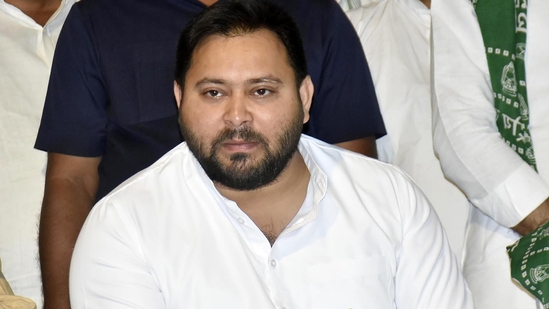
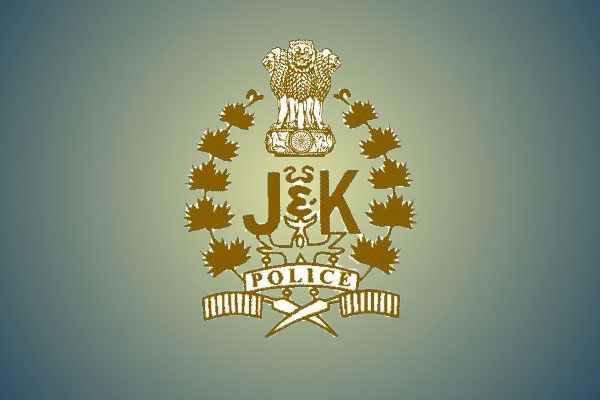
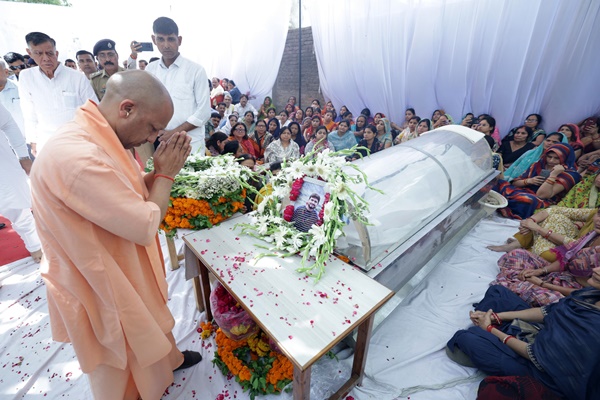

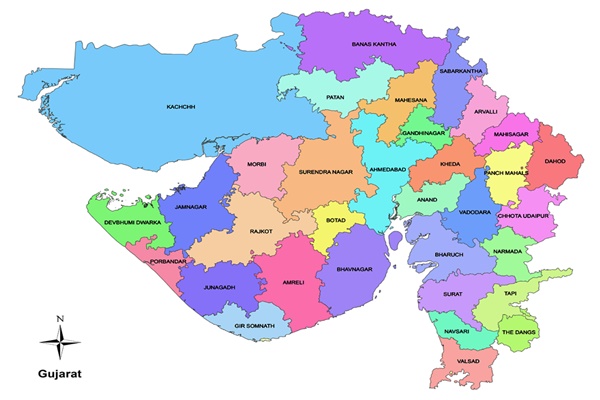
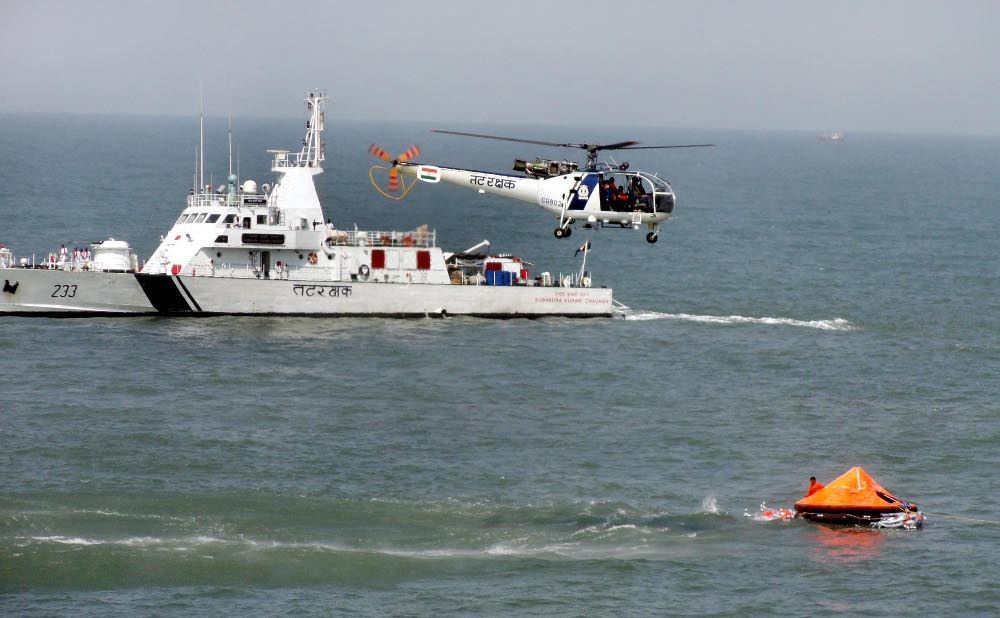
.jpg)
.jpg)
.jpg)
.jpg)
.jpg)
.jpg)
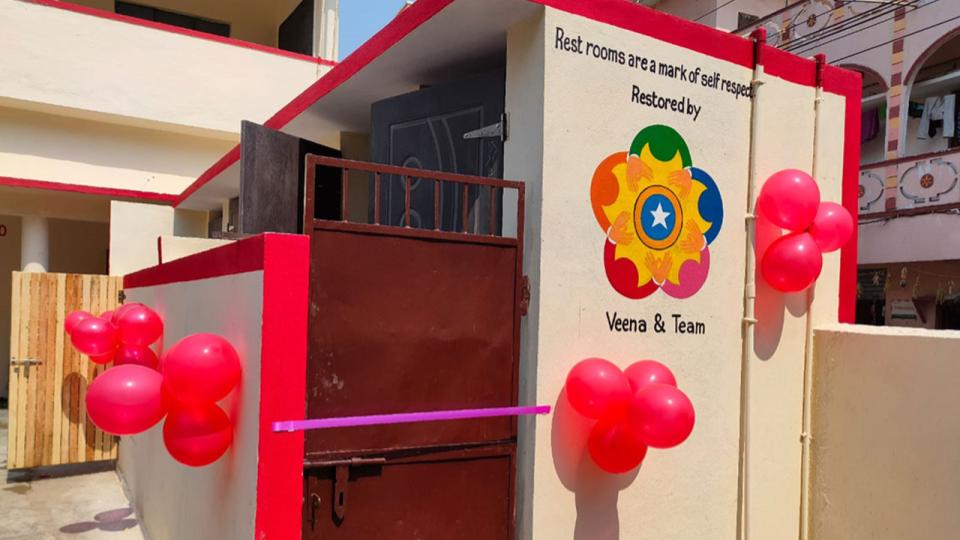




.jpg)

